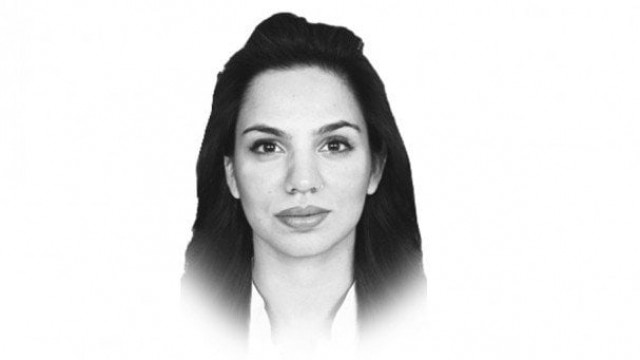Rising tide of protest

Over the last months civil protests in Pakistan have increased as a modicum of expression and have gained momentum, particularly aided by increased coverage on media. The lawyers’ movement in 2007 owes greatly its victory to this phenomenon, and the presence of various protest movements including the recent protest one condemning the Lahore massacre of May 29th, the protest against Facebook, the protest organised by teachers in Sindh, and the protests against the Israeli attack on the flotilla have also become known to us through this. Also through such media, what has become apparent is the severe censure peaceful protests overwhelmingly receive by the state. Most recently television footage showed police using water cannons, tear gas and batons to disperse protesters when they tried to march towards the US consulate and the residence of the governor of Sindh to stage a demonstration against the Israeli attack on the flotilla. A few days before that, the police fired tear-gas shells, resorted to baton-charge and used water cannons to beat back hundreds of government schoolteachers in Karachi. In suppressing protest movements, however the Pakistani state retards the development of a civil society and its ownership of society. A strong civil society that is inspired to affect the policies that have shaped its course is the strongest in-built mechanism to counter the apparatus of conflict. The suppression of the right to protest weakens citizenship, and weak citizenship identities weaken the state. This allows peripheral non-state actors, terrorist groups, transnational bodies and vested international parties additional leeway in decision-making processes.
Overwhelmingly the ‘culture of protest’ is feared for denoting a fragmentation of authority in Pakistan. The suppression of protest movements and demonstrations is considered essential to stability and to establish the writ of the state in the context of transnational terrorism and a civil disorder situation perpetually crying wolf. Indeed, various groups have used the device of protests for vested political interests, criminal activities or quite simply to vent aggression. But it is significant to recognise that whilst peaceful protests in themselves are not a sign of a weakening of the government’s power, their undue suppression through government launched crack-downs indeed are. The government should seek to strengthen its hold on the nation by addressing the concerns of peaceful protestors, and not by directing gas attacks on them. Aside from reflecting sheer poor strategy and an uncurbed hysteria on the part of the Pakistani government, such acts of coercion by the state do not provide a sustainable solution to a rising tide of political protest that is additionally disseminated through networks of new, alternative technologies. In the late 1980’s many countries in Africa, Asia and Latin America, produced innovative programs to promote the culture of protest and advocate democracy, the development of civil society, economic and political decentralisation, free and fair elections and the rule of the law within their respective boundaries. The culture of protest thus is able to assist — is in fact essential — to a democratic government’s agenda to instill democratic values. It serves to strengthen civil society by consolidating group interests, through re-arranging identities in terms of common goals, rather than the more rigidly assigned categories of caste, class and ethnicity. This allows greater fluidity to the marginalised peoples and minority groups, allowing them a more effective modicum of expression, and helping achieving tangible political goals, sowing the seeds for a more tolerant society. Most significantly though, protest movements have demonstrated an ownership by citizens of society, countering the biggest evil that plagues Pakistan: indifference.
Published in the Express Tribune, June 11th, 2010.















COMMENTS
Comments are moderated and generally will be posted if they are on-topic and not abusive.
For more information, please see our Comments FAQ